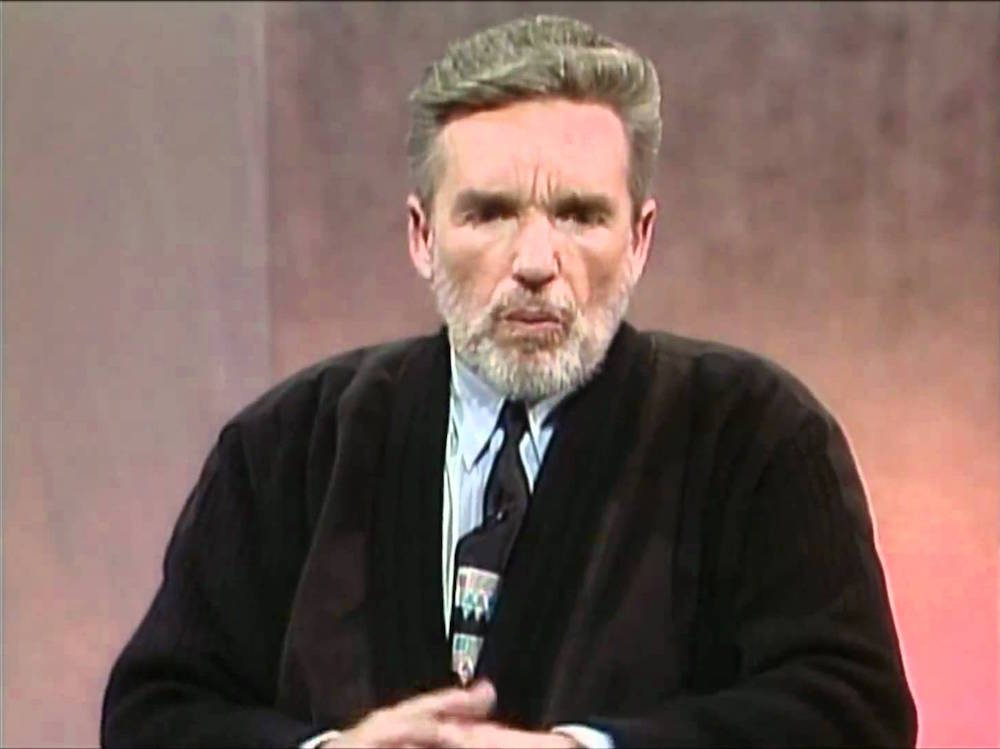
After leading a remarkable life of helping others find their true paths, self-help guru John Bradshaw has died from heart failure at the age of 82. Through his best-selling books and television talk shows, Bradshaw provided a message of transformation and hope to a generation that came of age during the 1970s and 1980s. As a magnetic motivational speaker, Bradshaw popularized pop psychology terms like the “dysfunctional family” and the “inner child” for the masses. This popularization coincided with a reflective period of American history when more people became open to looking at the past.
Bradshaw was born in 1933 into a Houston-based family plagued by drinking and violence. Abandoned by his alcoholic father, he later shuffled back and forth between his studies and his own struggles with drinking. Studying for the Roman Catholic priesthood, he lived in seminary housing for over nine years. During that period, although he always pursued academic achievement, earning a Master of Spiritual Psychology, the family demon of alcohol abuse haunted him.
On his website, Bradshaw described that period in a third person bio, “During his years of study, John developed a drinking problem, and on December 11, 1965, took a drastic step—he committed himself to Austin State Hospital for the treatment of his dependency to alcohol. John continues to celebrate that day; because that was the day he took his last drink. John signed himself out of the hospital after six days and entered an alcohol recovery program.”
Never turning his back on the miracle of finding the path of sobriety, Bradshaw celebrated it publicly. Often talking about his own recovery, the charismatic speaker hosted, appeared or was interviewed on over 800 television and radio shows worldwide. Celebrating the memory of his father, his son John Jr. explained, “Part of his charm was, he was totally authentic. He revealed the worst and the best of himself.”
His national PBS series Bradshaw On: The Family opened the doors to a much wider audience. As he published a number of self-help books, his reputation and influence grew, particularly in the recovery community. His books include Homecoming: Reclaiming and Championing Your Inner Child—which reigned for 52 weeks at #1 on the New York Times Best Seller list—Family Secrets: What You Don’t Know Can Hurt You and Healing the Shame that Binds You.
In Healing the Shame that Binds You, Bradshaw lyrically described the trauma that leads to addiction, “A person with internalized shame believes he is inherently flawed, inferior and defective. Such a feeling is so painful that defending scripts (or strategies) are developed to cover it up. These scripts are the roots of violence, criminality, war and all forms of addiction … Hell, in my opinion, is never finding your true self and never living your own life or knowing who you are.”
